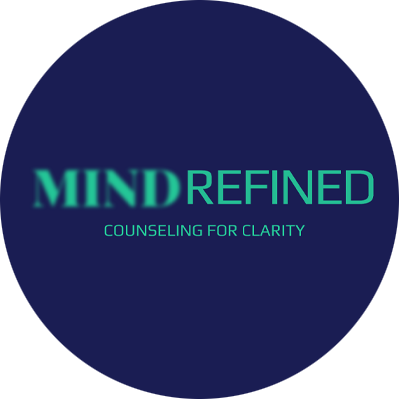FAQs
I’ve never talked to anyone. I’m used to handling things on my own.
It can be difficult to reach out to a stranger to share thoughts and feelings that are often kept private. We see individuals every day who are anxious at first but thankful they reached out after their very first session.
What’s the difference between talking to you or my best friend or family?
A therapist’s role is to remain unbiased, impartial, and non-judgemental. This may help you feel comfortable in admitting and verbalizing thoughts or feelings that you can’t share with others. A mental health professional can help you approach your situation in a new way– teach you new skills, gain different perspectives, listen to you without judgment or expectations, and reflect your own thoughts back to you. Your therapist will not give you advice or tell you what to do to solve a problem. Instead, you will learn skills to address your situation. Your therapist will help you process your thoughts and feelings in order to come to your own conclusion on what to do next.
Why shouldn’t I just take medication?
Medication can be effective in decreasing symptoms. Counseling is helpful in finding the root of the distress and combating symptoms. Often medication is helpful in conjunction with counseling but just as often medication is not necessary. If you or your therapist believe medication may be beneficial, your therapist will assist you in accessing a physician or psychiatrist for a medication evaluation if you so desire.
How does it work? What do I have to do in sessions?
Because each person has different issues and goals for counseling, it will be different depending on the individual. In your first few sessions, your clinician will work to get to know you better by asking questions about your current symptoms and your history. Your clinician will help you verbalize your goals for treatment so you will both be on the same page about what success would look like to you. Subsequent sessions are typically between 50-60 minutes in length. Often clients are seen weekly to begin with, with the frequency of sessions decreasing as progress is made. You may receive “homework” assignments to complete between sessions in order to encourage you to implement strategies or tools learned in session or to further process or explore insights that came up during the session. Often your therapist will share relevant resources with you to review in your own time if you are interested in doing so.
Do you really keep everything private?
Yes. Mental health professionals are bound by very strict legal and ethical standards for confidentiality. Except in rare circumstances (which your therapist will share with you in the first session), not even your identity or topic of conversation can be shared with anybody else.


